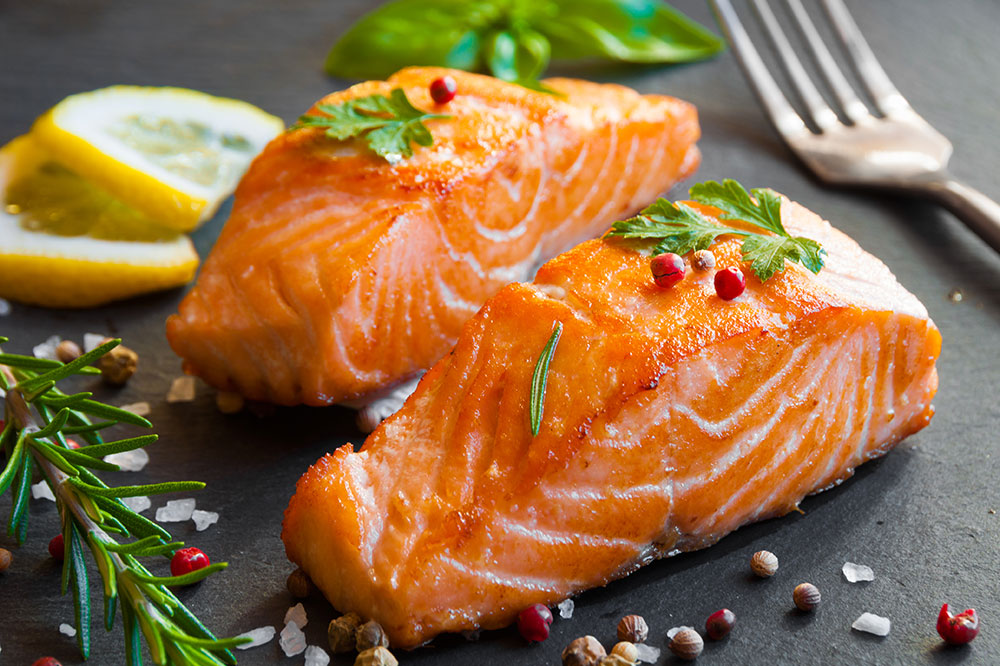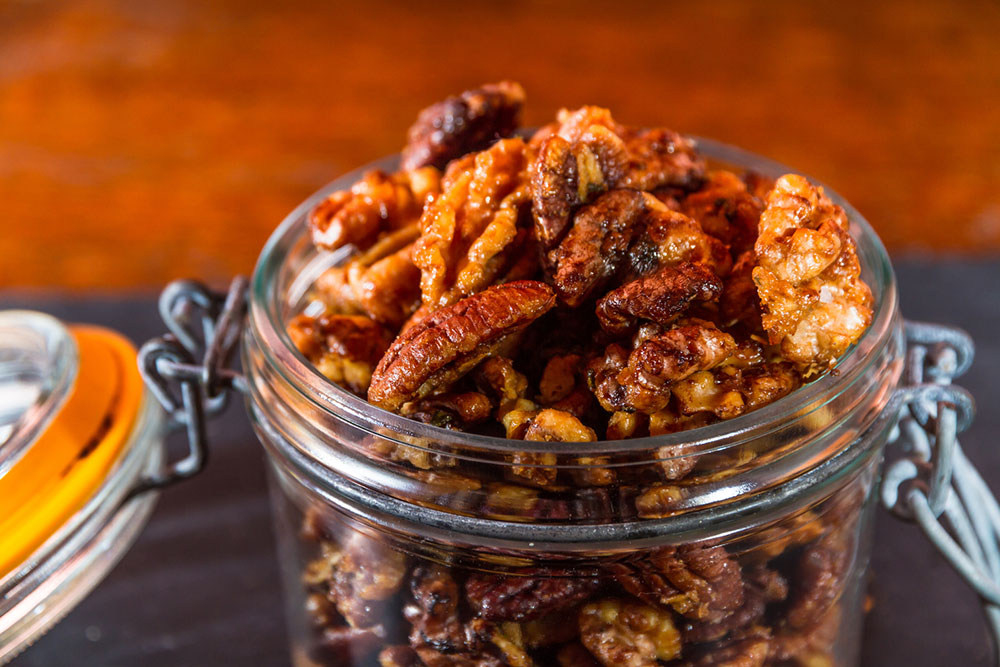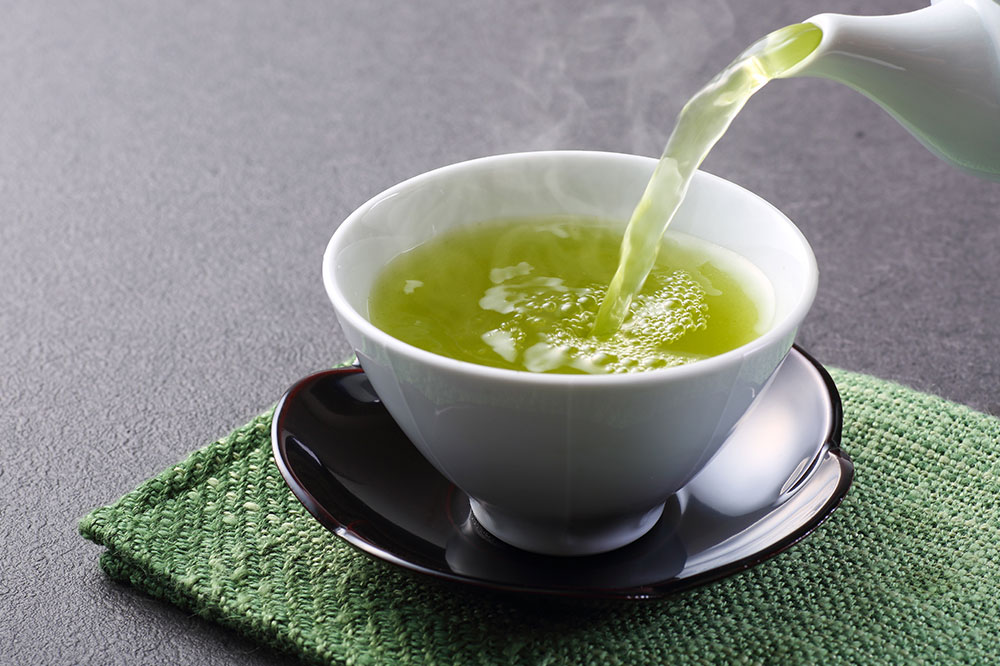Effective Nutritional Approaches to Alleviate Migraines and Enhance Brain Health
Discover effective nutritional strategies to reduce migraine frequency and severity. This comprehensive guide covers hydration, anti-inflammatory foods, natural remedies like ginger and capsaicin, and medication options. Implement dietary habits that support brain health and prevent debilitating headaches through a natural and balanced approach, improving your overall well-being and daily functioning.

Effective Nutritional Approaches to Alleviate Migraines and Enhance Brain Health
Migraines are debilitating neurological episodes characterized by intense headaches often accompanied by symptoms such as nausea, sensitivity to light and sound, and visual disturbances. These episodes can last from several hours to multiple days, significantly impacting daily life. While genetic and environmental factors contribute to migraines, lifestyle and dietary habits play a crucial role in their frequency and severity. Understanding and implementing specific nutritional strategies can help individuals manage these painful episodes effectively. This article explores comprehensive dietary approaches, including hydration, food choices, and natural remedies, to reduce migraine occurrence and improve overall brain health.
Importance of Proper Hydration
Adequate hydration remains fundamental in preventing migraines. Dehydration is one of the most common and easily overlooked triggers. When the body loses fluids through perspiration, illness, or inadequate water intake, blood volume decreases, leading to reduced oxygen and nutrient delivery to the brain, which can initiate headache episodes. Consuming sufficient water throughout the day can help maintain optimal hydration levels. Drinking water regularly, especially during hot weather, physical activity, or illness, is vital. Sometimes, a simple glass of water can halt an approaching migraine, highlighting the importance of hydration as a preventive measure.
Processed foods are significant migraine triggers due to their high content of preservatives and additives such as monosodium glutamate (MSG), nitrates, and nitrites. These chemicals can cause blood vessel dilation or constriction, leading to migraine episodes. To minimize exposure, it is advisable to choose fresh, whole foods including fruits, vegetables, lean meats, nuts, and whole grains. Consuming minimally processed foods reduces ingestion of chemical preservatives and encourages a diet that supports vascular and neurological health, consequently decreasing migraine risk.
Eating foods rich in omega-3 fatty acids, such as walnuts, flaxseeds, oily fish like salmon and mackerel, extra virgin olive oil, and chia seeds, has anti-inflammatory properties beneficial for migraine sufferers. These healthy fats help regulate inflammatory processes in the brain and nervous system, which are often elevated during migraine attacks. Balancing omega-3 intake relative to omega-6 fatty acids enhances neurovascular health, reducing both the frequency and intensity of migraines.
Incorporating Ginger as a Natural Remedy
Ginger has long been acclaimed for its medicinal properties, especially in alleviating nausea, pain, and inflammation. It contains bioactive compounds like gingerols and shogaols, which exert anti-inflammatory effects and help modulate serotonin levels—a neurotransmitter involved in pain pathways. The mechanism of ginger is similar to conventional migraine medications such as triptans, as it constricts blood vessels and diminishes inflammation. Regularly consuming ginger in teas, smoothies, or meals can help prevent nausea and reduce migraine severity, making it a natural, accessible remedy for migraine sufferers.
Capsaicin in Chili Peppers for Pain Relief
Chili peppers contain capsaicin, a compound that offers analgesic benefits by inhibiting pain signals transmitted through nerve fibers. Topical capsaicin creams are utilized to relieve headache pain by decreasing nerve transmission of pain stimuli. When included in diets or as topical applications, chili peppers may provide natural relief from migraine pain episodes. However, individuals sensitive to spicy foods should consume them cautiously, as they may sometimes irritate the gastrointestinal tract or trigger other headaches.
Beyond dietary modifications, pharmacological treatments like Nurtec® (Rimegepant) have proven effective for migraine management. Nurtec® ODT, administered orally, can provide rapid relief—often within an hour—and help prevent future migraine episodes when used regularly. Other medications such as UBRELVY and over-the-counter remedies can supplement dietary strategies, offering a comprehensive approach to migraine prevention and relief. Combining nutritional approaches with proper medical care creates a robust strategy for improving quality of life for migraine sufferers.





